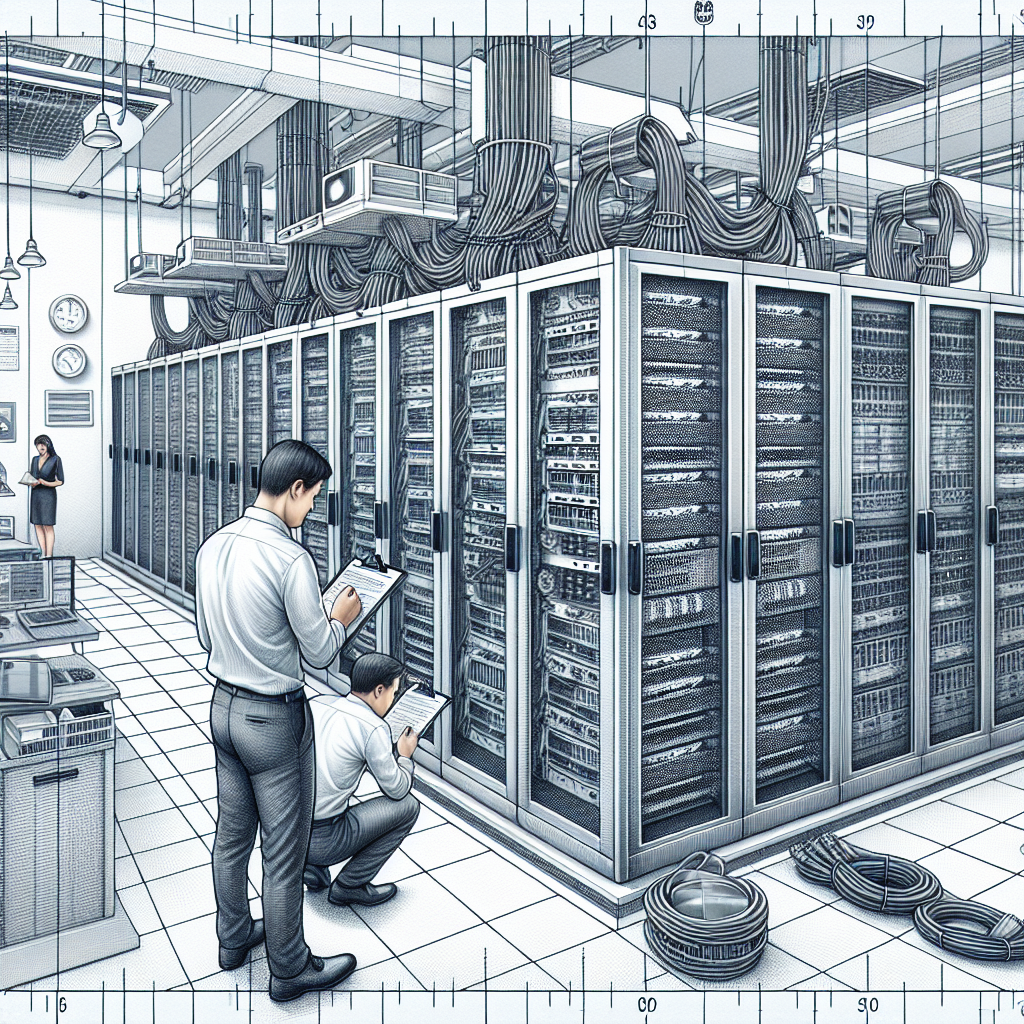Your cart is currently empty!
Key Considerations for Conducting a Successful Data Center Inspection

Data centers play a crucial role in the functioning of businesses and organizations, housing critical IT infrastructure and data. Regular inspections of data centers are essential to ensure that they are operating at optimal efficiency and are compliant with regulatory standards. Conducting a successful data center inspection requires careful planning and attention to detail. Here are some key considerations to keep in mind when conducting a data center inspection:
1. Define the scope of the inspection: Before conducting a data center inspection, it is important to clearly define the scope of the inspection. This includes identifying the areas of the data center that will be inspected, the equipment and systems that will be assessed, and the specific objectives of the inspection. Having a clear scope will help ensure that the inspection is focused and efficient.
2. Review documentation: Prior to conducting the inspection, review any relevant documentation related to the data center, including maintenance records, operational procedures, and compliance documentation. This will provide valuable insights into the history and current state of the data center, and help identify areas that may require closer inspection.
3. Conduct a physical inspection: During the inspection, conduct a thorough physical examination of the data center, including the infrastructure, equipment, and environmental conditions. Look for signs of wear and tear, damage, or potential hazards that could impact the performance and reliability of the data center.
4. Assess security measures: Security is a critical aspect of data center operations, so it is important to assess the security measures in place during the inspection. This includes reviewing access controls, surveillance systems, and monitoring tools to ensure that the data center is adequately protected against unauthorized access and potential security threats.
5. Check for compliance: Data centers are subject to various regulatory standards and industry best practices, so it is important to check for compliance during the inspection. This includes ensuring that the data center meets relevant standards for power distribution, cooling, fire suppression, and other critical systems.
6. Evaluate environmental conditions: Environmental factors such as temperature, humidity, and air quality can have a significant impact on the performance of data center equipment. During the inspection, evaluate the environmental conditions in the data center to ensure that they are within acceptable ranges and are conducive to optimal equipment operation.
7. Document findings and recommendations: As you conduct the inspection, document your findings and any recommendations for improvements or corrective actions. This will help track the progress of the data center inspection and ensure that any issues identified are addressed in a timely manner.
By keeping these key considerations in mind, you can conduct a successful data center inspection that helps optimize the performance and reliability of your data center infrastructure. Regular inspections are essential for maintaining the health and efficiency of data centers, so make sure to schedule inspections on a regular basis to ensure that your data center continues to operate at peak performance.

Leave a Reply